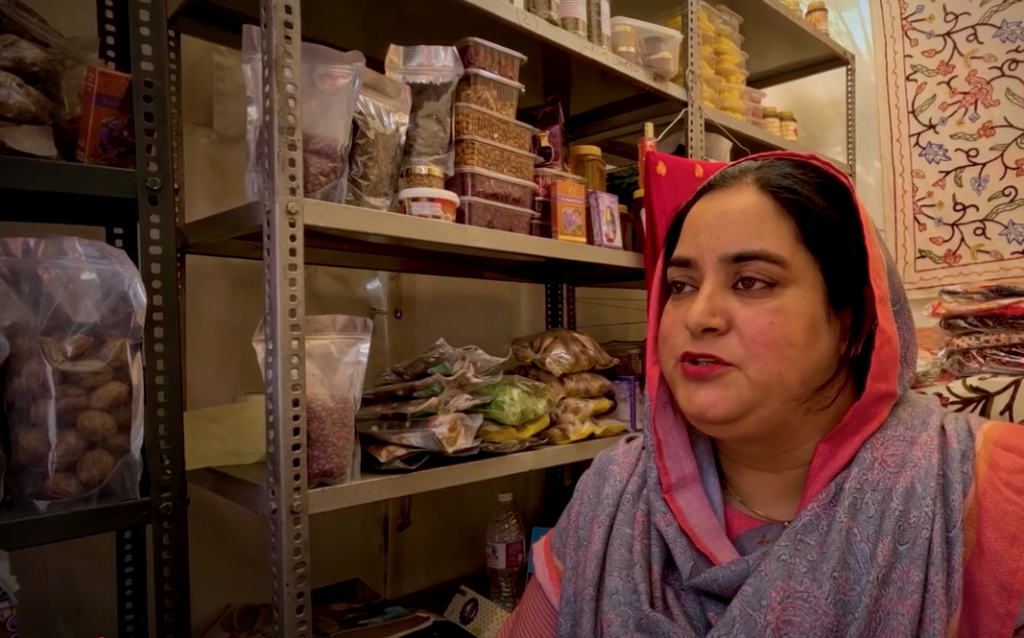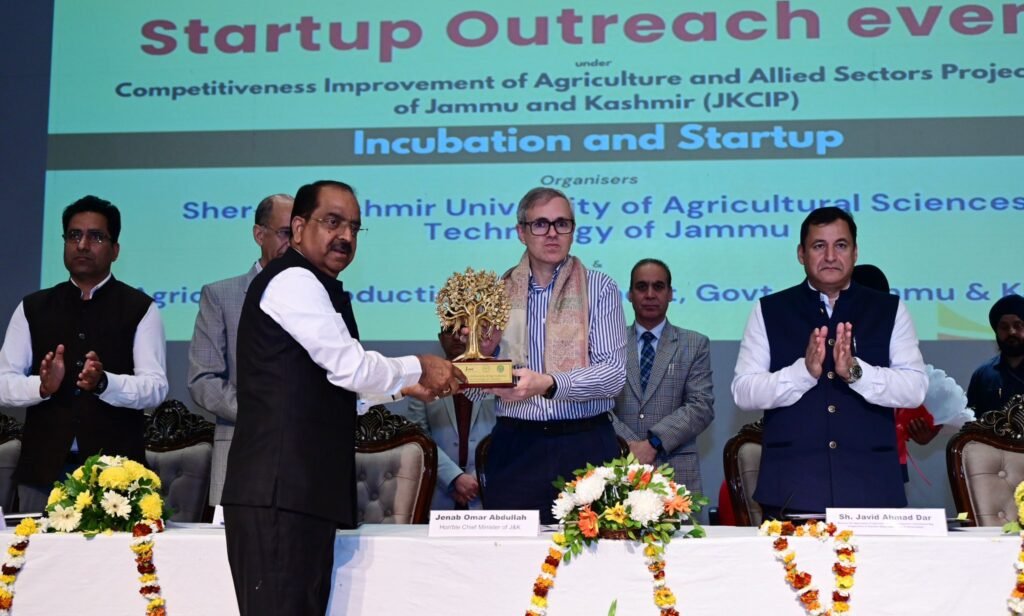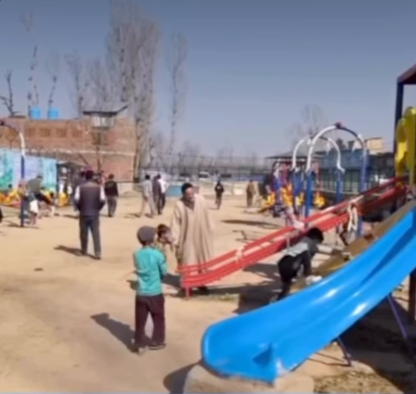
UMEED Scheme Sparks a Silent Socio-Economic Revolution for Women in Kashmir
Srinagar, Jammu and Kashmir — In the heart of a region long shaped by conflict and cultural conservatism, the UMEED scheme is quietly rewriting the narrative for women in Kashmir. Implemented under the National Rural Livelihood Mission (NRLM), UMEED is empowering thousands of rural women by organizing them into Self-Help Groups (SHGs), giving rise to financial independence, leadership, and a growing sense of agency.
Addressing Deep-Rooted Challenges
The lives of women in rural Kashmir are often shaped by restrictive socio-cultural norms, limited economic opportunities, and the broader impact of long-standing regional conflict. For many, access to financial resources, markets, or even entrepreneurial training has been nearly impossible.
The UMEED scheme offers a strategic intervention — providing women with the tools, training, and credit needed to launch and sustain small businesses. By forming SHGs, women gain not only financial support but also collective strength and social recognition.
Empowerment Through SHGs: A New Chapter for Kashmiri Women
Key features of the UMEED scheme include:
- Access to Credit and Microfinance: SHGs enable women to avail low-interest loans through bank linkages, helping them establish income-generating activities such as dairy farming, poultry units, tailoring, and retail shops.
- Skill Development: Regular training programs in financial literacy, entrepreneurship, and livelihood planning equip women to run their ventures efficiently.
- Supportive Community Structures: The group model fosters peer support, encourages collaborative decision-making, and enhances bargaining power within both markets and households.
Tangible Impact on the Ground
The outcomes of the UMEED scheme in Jammu and Kashmir are both measurable and inspiring:
- In districts like Pulwama and Kupwara, women have successfully launched small-scale enterprises in dry fruit processing, sheep rearing, and grocery stores, often generating monthly incomes of ₹10,000 to ₹15,000.
- As of 2022, over 3.4 lakh women across Jammu and Kashmir have been mobilized into SHGs, significantly expanding the reach of the program.
- Many participants report increased confidence, improved social status, and even participation in local governance, signaling deeper societal shifts.
Socio-Economic Ripple Effects
The transformation goes beyond individual households:
- Economic Resilience: Diversified income streams protect families from the disruptions often caused by regional tensions.
- Social Harmony: SHGs serve as platforms for collective decision-making, enhancing community cohesion in areas historically affected by social fragmentation.
- Future Generations: Financially empowered women are investing more in their children’s education and healthcare, laying the foundation for long-term development and stability.
Ongoing Challenges in a Complex Landscape
While the UMEED scheme has made substantial progress, certain obstacles persist:
- Security Concerns: Sporadic unrest can limit women’s mobility and disrupt business operations.
- Market Access Issues: Many women-led enterprises struggle to scale due to poor connectivity and weak supply chains in remote areas.
- Cultural Resistance: Deep-rooted gender norms continue to challenge the pace of change, requiring sustained advocacy and sensitization.
Conclusion: A Grassroots Model for Transformative Change
The UMEED scheme in Kashmir is more than just a rural development initiative — it is a grassroots movement for women’s empowerment, economic inclusion, and social change. By combining financial support with skill-building and collective action, the program is creating a new generation of women entrepreneurs and community leaders.
As these women continue to defy the odds and reshape their destinies, UMEED stands as a powerful example of how well-designed public policy can ignite progress, even in the most challenging environments.










